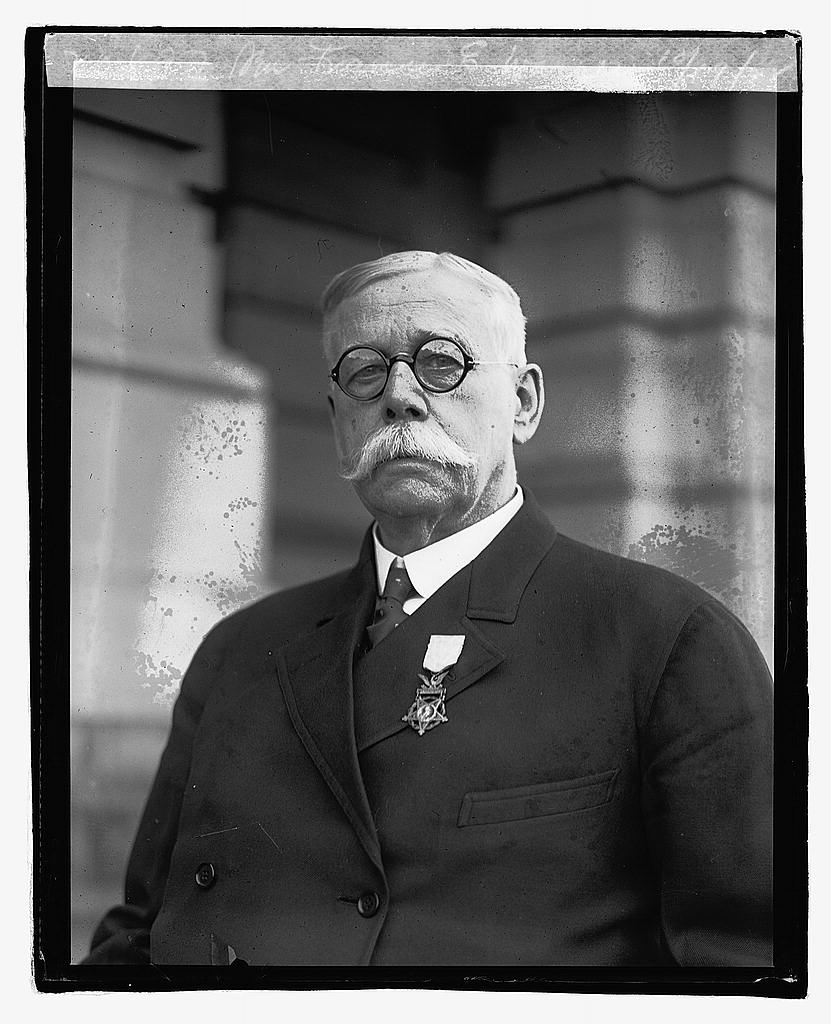And, we might note, to the tune of $30,000,000, at least if what reports from a recent event I went to indicate. The public, i.e., State of Wyoming money, portion of that is $10,000,000, which is important to keep in mind, although that's wroth pondering in and of itself. That means anyway you look at it that 2/3s of that come from donations, which is amazing, if accurate.
UW's summation of the project is as follows:
A 19,300sf, two-story addition will wrap the northwest end of the existing building. 25,000sf of the existing facility will be renovated creating spaces for clinics, accessible restrooms and improved vertical circulation. The facility expansion and improvements will bring the College of Law into compliance with American Bar Association standards, centralize College of Law clinics with the broader legal education program and allow students, professors, and the community better access to resources. The project will greatly enhance the recruitment of potential students and faculty to the College of Law and support the public legal service the University of Wyoming provides to the citizens of Wyoming.
Super nifty, eh?
Hmmm. . . maybe not so fast.
First, as is so often the case, a little history.
1926 University of Wyoming debate team. I wanted to put up a photo of the 1923 College of Law graduating class, which I think would be the first one, but I couldn't find one.
A big renovation that occurred some years after I went there also was to "bring the College of Law into compliance with American Bar Association standards. . . "
At least if this goes forward, and it seems like it certainly shall, the 1970s styling of the current law school will be abandoned for a more traditional look. That's good, as the current law school is really ugly.
Apparently, the new structure will look like this:
And apparently it will include something called the Alan K. Simpson Center for Clinical and Experiential Learning.1
And as a graduate of the institution, I'm thrilled. . . . well, like a lot of lawyers if you talk to them quietly. . . I'm not.
Why are we doing this? And don't give me the "ABA says. . . ". If it's the case that the school falls out of ABA compliance on a fairly regular basis, there's either something systemically wrong with the school, or the ABA standards.
The law school was founded in 1920 and was the first professional degree program offered by the University of Wyoming, if "profession" is constrained to its original meaning, that being an occupation that professes by its nature, it would include only law, divinity and medicine. That definition is probably too narrow by contemporary terms, but it would still be limited, in spite of the American social trend to define everything as a profession, to the law, divinity, broadly defined medical occupations (human medicine, veterinary medicine dentistry) and accounting. Looked at this way, FWIW, the medical fields have expanded their knowledge and reach, taking over two areas that were formerly practiced by tradesmen (dentistry and veterinary medicine) and accounting has become so complicated that it's a subspecialty of the law in reality.
I'd be tempted, I'd note, to add engineering, which is now a licensed profession. It isn't the only one, however, by any means. Teaching is subject to licensure as well, and so now is being a geologist, which it was not when I graduated back in the dawn of time with a Bachelor's of Science in Geology (the earth was still cooling back then).
So my definition may, I'll confess, be too narrow.
The law school originally held classes on a floor in the old UW library building, meaning that two of the lawyers I once practiced with had gone to the school there. It was moved to a separate building in 1953, and I practiced with some lawyers who went there at that time. The current building was opened in 1977, with additional library space added in 1993, after I went there.
Somewhere I have some photos of the pre 93 building, but I've never uploaded them.
The move in 1953 makes sense, and the move in 1977, even if the latter's 1970s architecture leaves a person less than inspired.
But this?
I don't really know why the University added a law school in 1920, but I can guess. UW is a land grant university and was seen as a big step towards statehood when it was formed in 1886. As that 86 date indicates, it predates statehood. Land grant universities tended to focus on what was deemed necessary for the state. I don't know what classes were offered in the early days, but they probably were ones that focused on agricultural and industrial areas that were vital to the state.
Law is vital to the state.
Indeed, it's vital to a civil society. It's indeed remarkable that lawyers were the only institution in the entire state that bucked the "election stolen" myth when 41 of them, followed by 52, dared to take on Trumps anointed Harriet Hageman, herself a graduate of the University of Wyoming College of Law, on her backing the stolen election lie.
Law isn't the only thing vital to the state, however, and this is frankly a bit much.
For that matter, I thought the post 93 renovations, while nice, were a bit much. You can see a little bit of them here:
This is the large Moot Court Room for the University of Wyoming. Having been in most of the courtrooms in the state I can safely say that its one of the nicest in the entire state.
The back half, or gallery half, of the courtroom has a moveable wall that can open up to allow greater space, or perhaps just more conventional space in the courtroom and also allow the courtroom to function as a lecture hall. Viewed as a courtroom, what we see here in front of us is the bar of the court.
When I went to UW's College of Law it didn't have a moot courtroom at all, now it has two, a large one and a small one (I have yet to see the small one). This particular room was the large classroom at the time. It is quite a facility and I guess it demonstrates how much the physical assets of the College of Law have improved in the past three decades.
According to the University, the College of Law will allow the courtroom to be used by the state courts upon request, if it is not already in use.
Indeed, the degree to which a law school is necessary is pretty open to question now. When I got out of the College of Law in 1990, it was still the case that the state had a state specific section of the bar exam. Since that time, the Supreme Court caused the State Bar to go to the Uniform Bar Exam. This was controversial at the time, as it should have been. The net impact of it was to allow out of state lawyers to easily transfer their licenses to Wyoming, which was pretty easy to do beforehand. Now the floodgates are open. The current exam has no state section whatsoever, and therefore it's just as easy to get a degree from the University of Ohio, or whatever, and hang out a shingle as a "Wyoming lawyer". Indeed, lawyers who are members of any of the state legal organizations will inevitably find out of state, usually Colorado, lawyers in positions in those organizations.
Indeed, it should be noted that part of the propaganda for the law school renovations is
The project will greatly enhance the recruitment of potential students and faculty to the College of Law and support the public legal service the University of Wyoming provides to the citizens of Wyoming.
That really should be read as:
The project will greatly enhance the recruitment of potential out of state students and faculty to the College of Law and support the public legal service the University of Wyoming provides to the citizens of Wyoming in the form of aid to the those on the lower rung of society.
Now, let me note, helping those on the lower run of society is a good thing, but that's what law school clinics do. That's fine.
But recruitment of out of state students? That's a byproduct of a collapsing enrollment base.
Indeed, there have been persistent rumors ever since the Supreme Court mandated the UBE that this was done to try to aid UW and that UW's College of Law wanted it. The thought, the rumor maintains, was that the UBE would help UW graduates go to Colorado or elsewhere, and thereby boost the school by divorcing it from the practice inside the state. If that was the thought, it achieved the polar opposite and didn't really help the school.
It also didn't help the school when a former Dean of the Law and a former, then new, UW President got into an enormous spat over the focus of the school. The students sided with the Dean, but they had little knowledge on what they were really achiving. The Dean, at that time, was really focusing on small time law, seemingly haveing given up on the long history of big time law inside the state. The President wanted to link the law school's focus to the energy industry. The Dean resigned and the President failed.
What all this gets to is this. When the state had a state focused bar exam almost all the students know that they were going right into practice with Wyoming firms and the like. Now, many leave, sometimes nearly half. Going to UW still provides a direct link to Wyoming firms, but not the hard and fast way that it used to. It's signficant, but reduced.
Given all that, the point of having a law school is now somewhat debatable.
Alaska doesn't have one.
Now, this is not to say that most Wyoming lawyers aren't from UW, they still are, which speaks for its survival. And it should also be noted that while law is a profession, it's also sort of a trade, and a law school in Laramie serves as sort of a trade school. Graduaing from there means you are respected by Wyoming firms.
Indeed, the law has long been an occupation for polymaths to a degree, and even more than that, an occupation for lost polymaths. The law is full of people who liked lots of stuff but not one thing in particular, or who couldn't make a living in that one thing they really liked. But to be brutally frank, it's also a haven for people who'd reached career dead ends early in life and found the back alley of the law an easy one, or maybe the only one, to duck into. Sure, there are those who "always wanted to be a lawyer", but right now, of the state's entire population, that's five people.
And the law school also serves as a place that people end up in as they're Wyomingites, have a degree, and have nowhere else to turn to.
Now, that's not intended as a slight to lawyers. Lots of lawyers who really would have preferred to be something else in their young lives are great lawyers. Some of these, indeed many, so take to the law that, as noted in our recent threads on retirement, can't leave it or won't.
But we have a law school and $30,000,000 is a lot of money.
It should be used for something else.
A veterinary school would be my choice. We don't have one, but we sure have a lot of animals in this state, and a lot of those animals are agricultural animals Wyoming veterinary students have to go somewhere else for their studies. That speaks of their dedication, but it also speaks to the state's neglect.
A dental college also strikes me as a good idea. Not every resident in Wyoming has legal problems, but they all have teeth.
Massively expanded law school? Don't need it.
We'll get one anyway.
Footnotes.
1. This would suggest that perhaps the Simpson family or his firm had some role in the donations. That's just a guess. He's a 1958 graduate of the UW College of Law. His father Milward was a 1925 graduate of the Harvard College of Law. His father, William, was also a prominent Wyoming lawyer, having read the law, rather than going to law school, under two other lawyers. Alan Simpson's sons are also lawyers, one of whom is a currently sitting judge.
This is remarkable in that this means that the currently actively practicing members of the family are fourth generation lawyers.
















.jpg)





.svg.png)


